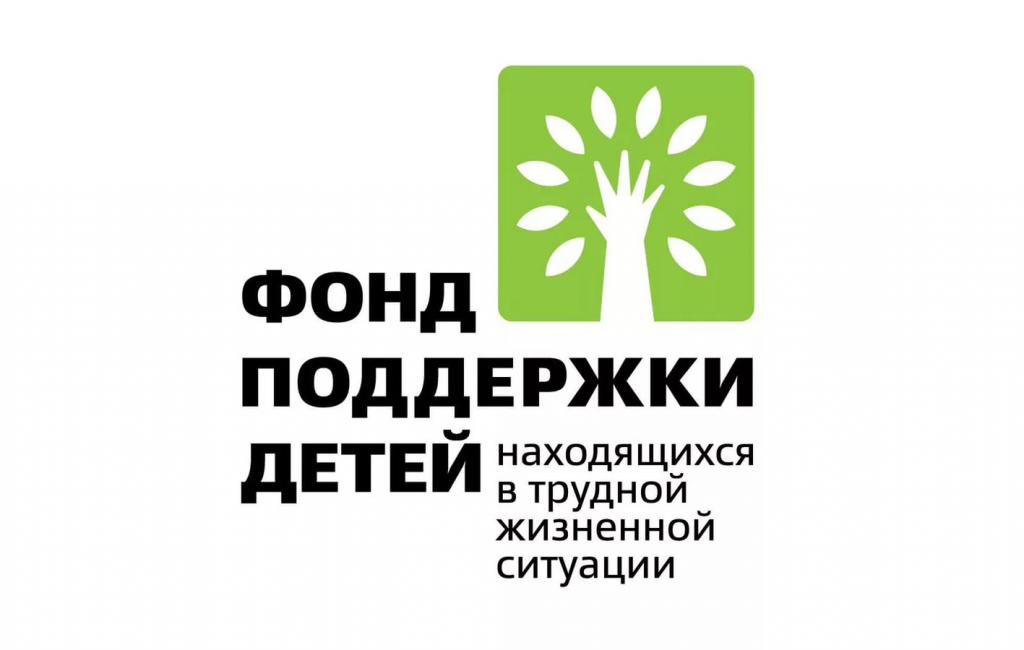The Support Fund for Children in Difficult Life Situations is a special state organization whose activities are aimed at developing national, regional programs and private initiatives to provide assistance to children with disabilities, orphans, street children, children from disadvantaged families. The work is carried out by popularizing social and educational projects, organizing events, allocating funding in the form of grants for specific initiatives.
general information
The fund was established on the basis of a presidential decree issued on March 26, 2008. The founder was the Ministry of Health and Social Development of the Russian Federation. The organization has a goal:
- Protect the interests of children at all levels.
- Support the institution of the family.
- To assist the state in conducting family policy.
The work of the structure is financed from the federal budget. Grants are used to support state programs, social initiatives of regional authorities, and non-state projects. The first chairman of the Board of Trustees is Tatyana Golikova.
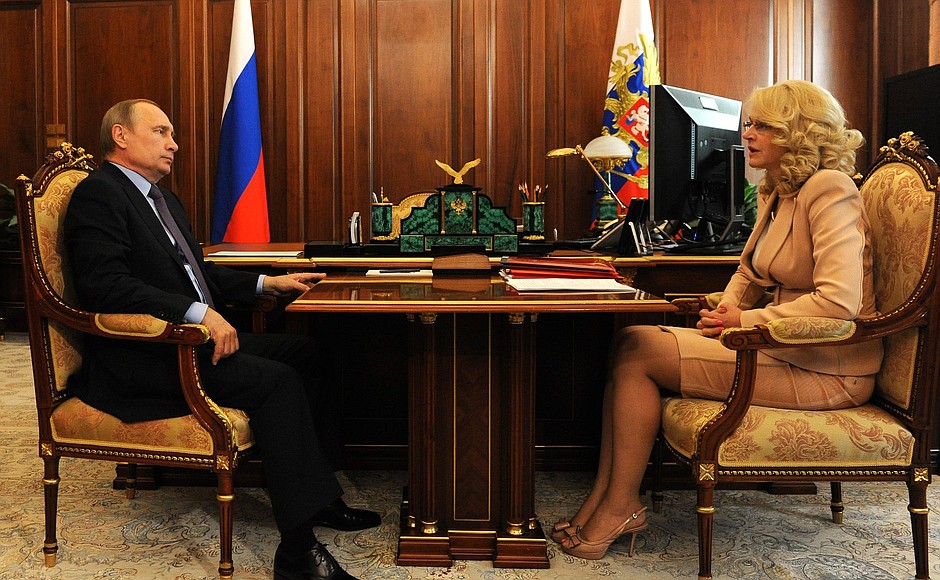
Priority Activities
First of all, the Fund implements:
- Social, moral and informational support for families faced with the problems of raising children with disabilities. The organization finances projects aimed at integrating children with disabilities into society, their preparation for independent living, socialization, and the development of creative inclinations.
- Social rehabilitation of “problem” teenagers, including those guilty of the law. Prevention of juvenile delinquency.
- Prevention of homelessness and neglect.
- Combating domestic violence. The eradication of social abandonment. Restoring a favorable family environment.
Responsible for the implementation of the projects is Marina Vladimirovna Gordeeva, head of the Children's Support Fund.
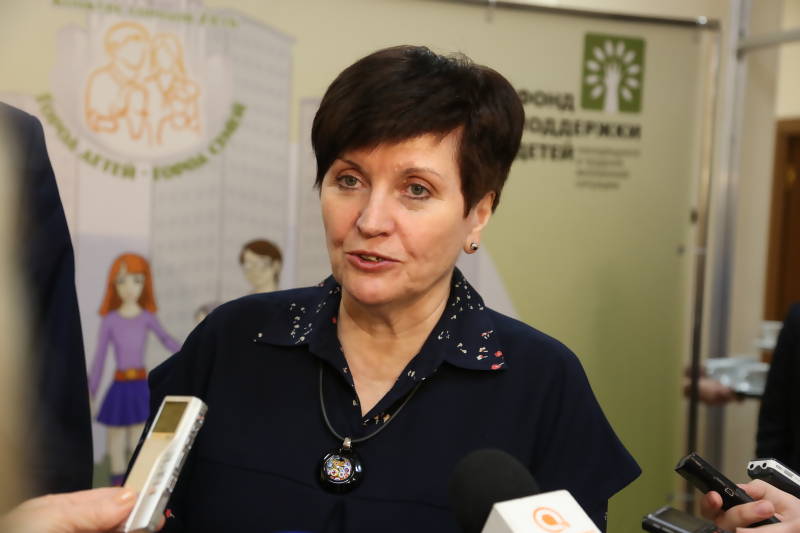
Grant program
As already mentioned, the main focus of the organization is to provide financial assistance to social projects announced by caring people. Moreover, it does not matter whether the initiator is a regional (republican, regional) administration or a public association.
The first competitive selection of programs and projects took place in the spring of 2009. He went through three priority areas of the Fund for Supporting Children in Difficult Life Situation:
- Social rehabilitation of teenagers in conflict with the law.
- Assistance to families raising children with disabilities.
- Prevention of social orphanage and violence.
Out of 119 programs and 1190 projects received from 76 regions, the council selected 58 regional programs and 192 projects. Over 630 million rubles have been allocated for their implementation.
Regional programs and projects submitted to the competition are evaluated by the competition commissions. They include representatives of the Ministry of Health and Social Development of the Russian Federation, the Ministry of Education, Science of the Russian Federation, the Ministry of the Interior, members of the Expert Council and the staff of the Fund, as well as independent experts - authoritative experts in the field of public activity.
At the preliminary selection stage, applications that do not meet the requirements and conditions for the design of the tender documentation are rejected. At the next stage, the content and ranking of programs and projects are evaluated in accordance with the approved criteria (planned performance, economic feasibility and others). Based on the results of this work, application ratings are compiled, and on their basis a list of programs selected for the financial support of the Children's Support Fund (FPD), which is approved by the board, is formed. At the same time, a decision is made on the amount of funding for selected projects.
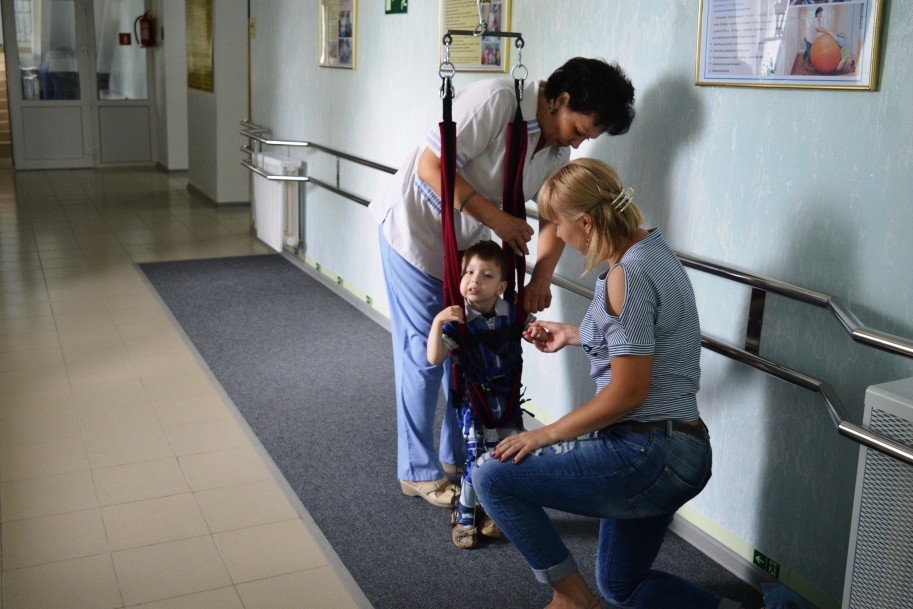
How to get a grant?
FPD supports initiatives that operate only on the principles of a program-targeted approach. The concept of the regional program model should be initially laid down in the tender documentation. A characteristic feature of a project developed by this method is its focus on the final result.
The following conditions contribute to the grant:
- Clearly formulated goals and objectives.
- Determination of specific terms for the implementation of the program.
- Development of a system of interrelated activities to achieve the goals and objectives, their expected results.
- Justification of resource support.
- Development of a program management system and control mechanisms.
- Assessment of the effectiveness and socio-economic consequences of the implementation of the regional program.
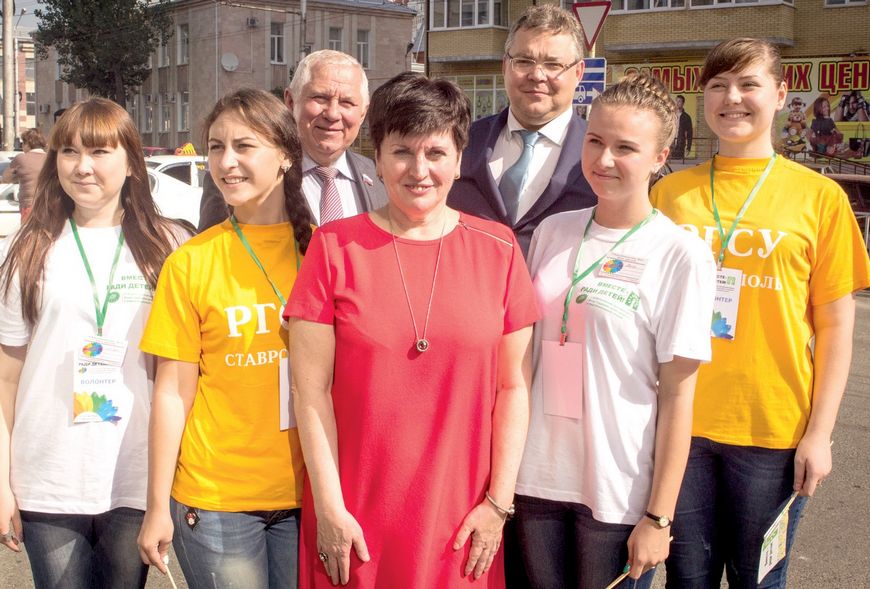
Common mistakes
Not all programs applying for co-financing receive the approval of the expert council. Chairman of the Board of the Fund M.V. Gordeeva talked about typical mistakes that hinder the allocation of grants.
Often during the preparation of programs the necessary analysis of the situation in the region is not done, the whole spectrum of reasons leading to the social disadvantage of children is not revealed. For example, in the preparation of projects to prevent social orphanage, attention is not paid to the problem of abandonment of children in maternity hospitals. The traditional approach remains dominant when the program makes an attempt to improve all aspects of the situation of children and families with children. As a result, resources are sprayed.
A typical situation is when purposeful work is replaced by measures of a general social character (ensuring summer holidays for children, payment of benefits, equipment of boarding schools and medical institutions, etc.). Another legacy of the traditional approach is the planning of work with the child in the absence of contact with his parents, a social rehabilitation program with the family as a whole. As a result, the events do not meet the stated goals, do not work for the result.
Another widespread flaw is the low level or lack of interagency cooperation in the framework of projects. Often used as targets are indicators that do not meet the objectives of the program and do not allow tracking its results. Often, the effectiveness of an event is presented only in the form of absolute indicators, which is incorrect in a changing number of children, or in indicators that are not related to the goals and objectives of the program, and is also described vaguely in the most general terms.
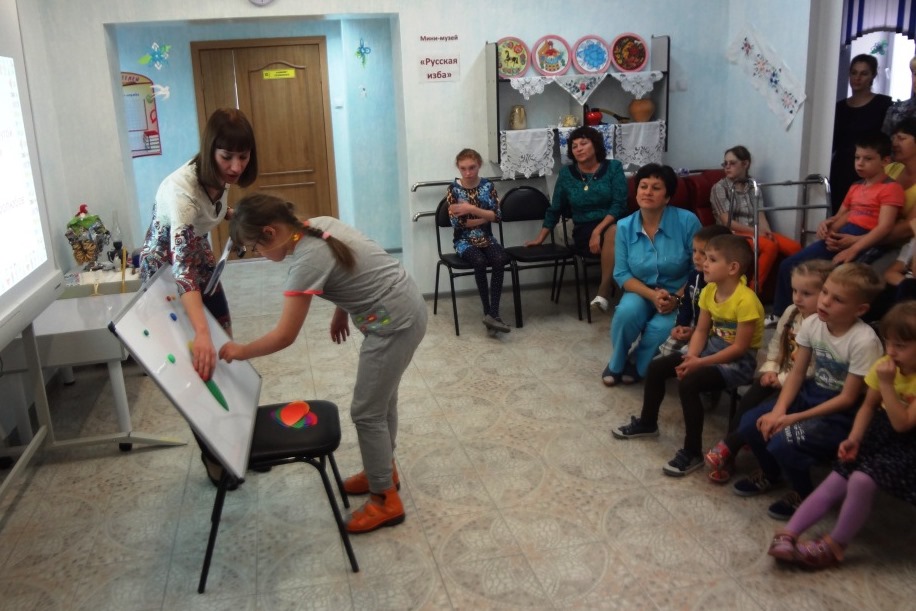
Why is a child support fund needed?
Children in Russia sometimes face acute problems that they themselves cannot solve. Indifference of adults leads to this, leading children to homelessness, the use of harmful and dangerous substances (alcohol, tobacco and drugs), for some boys and girls - family relations based on violence.
By the way, it was the Fund at the state level that raised the topic of violence against children, often hidden from prying eyes and undeservedly ignored. This is a topic that requires highly qualified specialists, primarily psychologists.
According to the Chairman of the Board of Trustees of the Fund T.A. Golikova, every year over 100 thousand new orphans come to light in the country.These are mainly social orphans with living parents. Moreover, thousands of virtually street children are identified every day. Particular attention is paid to children with disabilities.
As practice has shown, it is impossible to help every child, it is necessary to create a system of assistance in difficult situations throughout the country. Actually, for this purpose, the President created this Fund, which is tied to social services, police, clinics, charitable organizations and volunteers. The task of the structure is to disseminate advanced innovative experience in training specialists, replicate methods and programs, promote the experience of the best organizations.
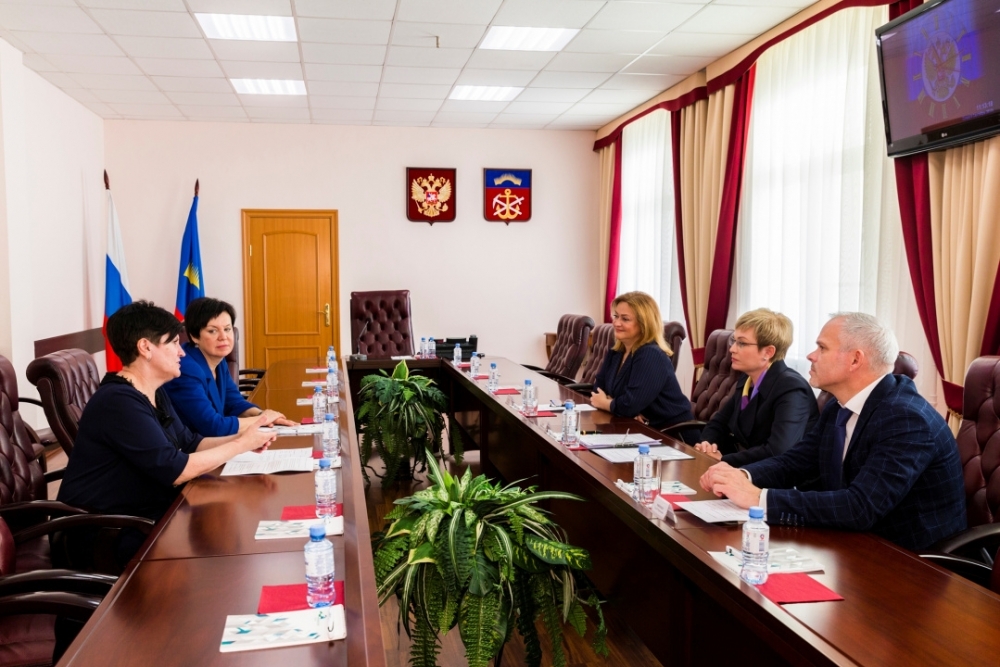
Cooperation
The Trust Fund for Future Generations of the Republic of Sakha (Yakutia) became the first regional structure to conclude an agreement on cooperation and interaction with the FPD. In February 2009, an agreement was signed at the administration’s office.
Sakha in Yakutia is among the most active participants in competitions held by the FPD. The Trust Fund for Future Generations helps to accumulate all the resources of the region to solve such complex interagency tasks as protecting the interests of children and families awaiting assistance. It contributes to the development of social cohesion among authorities, business representatives, charitable organizations and the public.
Traditional partners are regional administrations and commercial companies. The FPD is interested in the fact that business structures and regional authorities join forces to help children.
Interaction with public organizations
The Foundation is a regular member of the Seliger Public Forum. Youth organizations implementing social projects show great interest in the FPD and its projects - hundreds of agreements have been concluded in recent years. The interaction takes place in the form of expert evaluation and consulting of projects, administrative and organizational assistance, as well as participation in events and promotions of the organization.
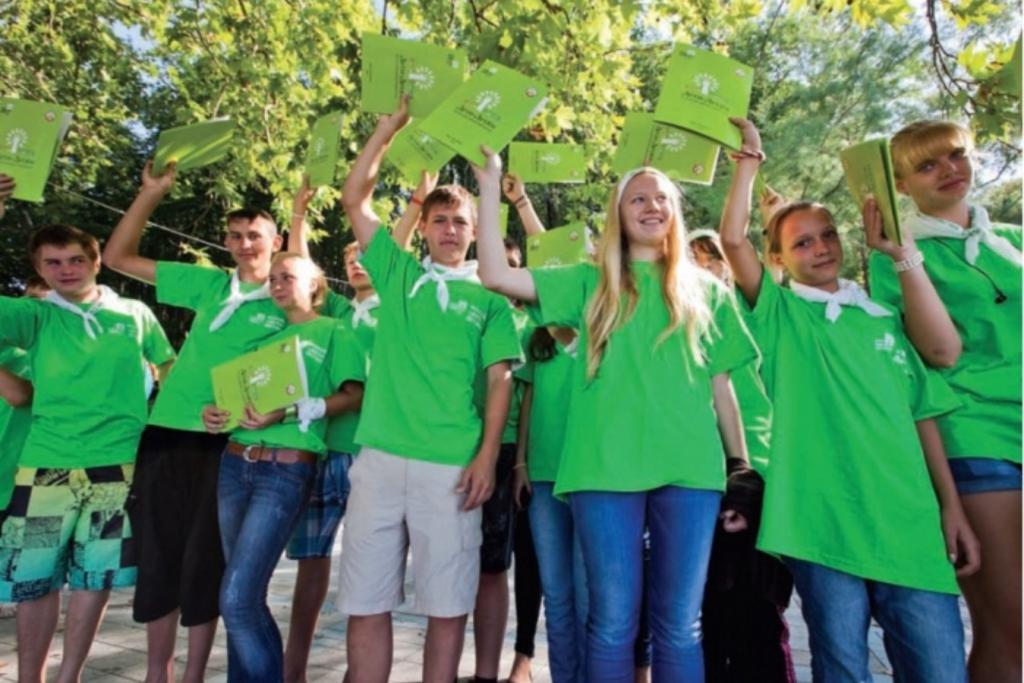
“Bulletin of the Fund”
The Children's Support Fund in Moscow publishes informational and educational booklets, maintains its own website, and covers its activities in the media. Another channel for effective communication of the administration with people who are not indifferent to the problems of children is the "Bulletin of the Fund."
On its pages they discuss the most acute problems of childhood, analyze the best practices, talk about the implementation of programs and projects that have received funding from the Fund. Behind each such project are professionals who are ready to share successful experiences with colleagues. The publication provides a platform for the presentation of promising developments.
It is planned to cover not only the success of the grantees, but also the problems that they have to deal with, typical mistakes that can become an obstacle to obtaining a grant. It is assumed that the answers of employees and experts will help to resolve most of the emerging questions, suggest the right solution.
On the pages of the "Bulletin" they say:
- Where you can learn new technologies for working with children in difficult situations.
- What is the Social Journalism Club for?
- How to overcome the fear of a diagnosis of Down Syndrome in a child.
- Why do children commit crimes.
- How in the world they struggle with corporal punishment of children.
The experts of the highest level answer these and many other questions.
Criticism
In 2011, the Prosecutor General of the Russian Federation announced the identification of gross violations in the activities of the Fund. The audit showed that mistakes were made in determining the legal form of the FPD and the approval of the charter. Some provisions could lead to uncontrolled spending of budget funds.
In response, Tatyana Golikova expressed disagreement with the position of the prosecutor's office, and the co-director of the expert council, Elena Topoleva-Soldunova, advised first to understand the specifics of the Fund and not to condemn the organization’s indiscriminately.
Experts believe that such funds are required to fully disclose information on the expenditure of funds, which should be contained not only in reports to ministries, but also in public media. From the point of view of supervisory bodies and reporting, the administration of the FPD fulfills both conditions. According to the public, the fact of verification of this organization by the Prosecutor General is normal, because the structure spends quite large amounts from the budget.
